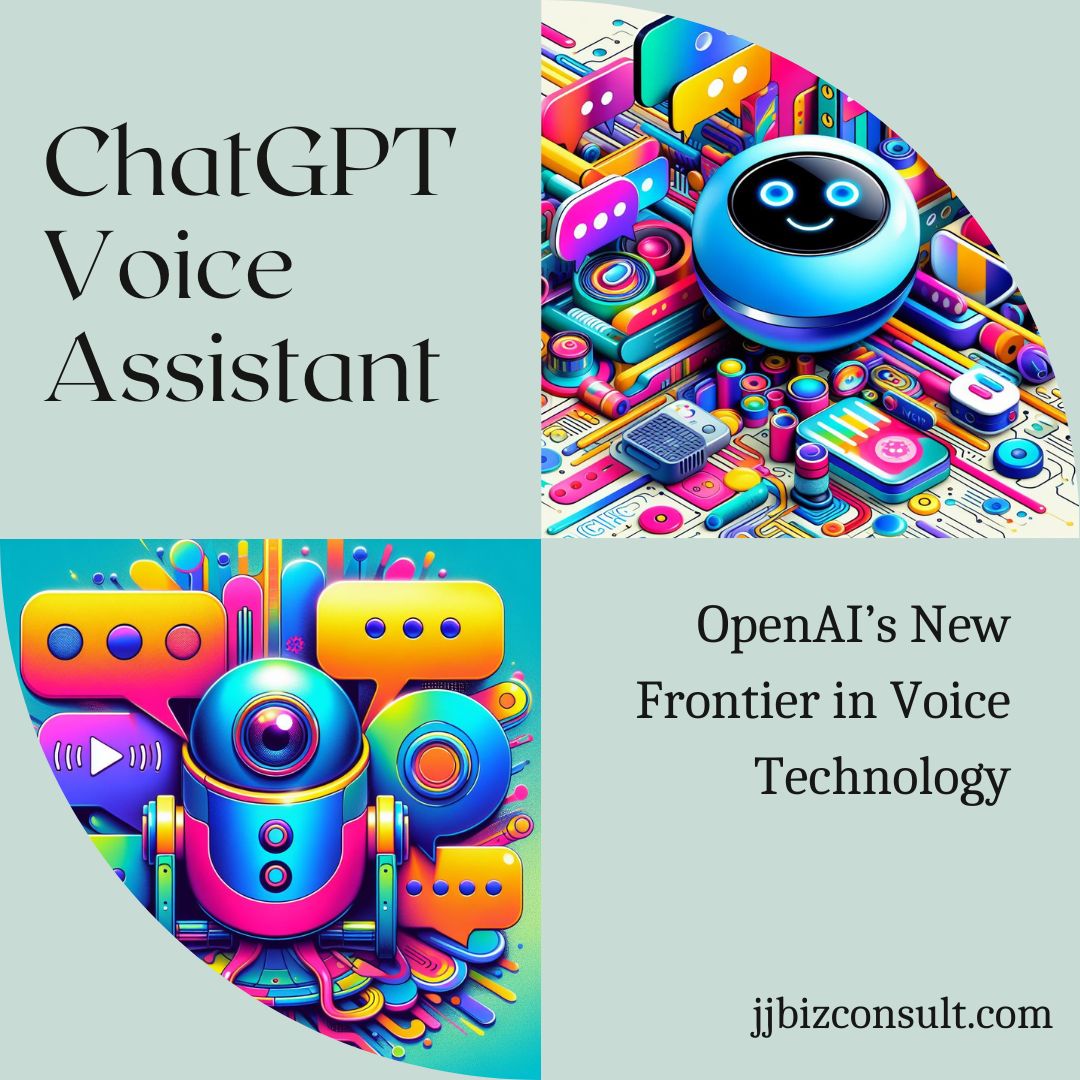
ChatGPT Voice Assistant: OpenAI’s New Frontier in Voice Technology
ChatGPT Voice Assistant: In the ever-evolving landscape of artificial intelligence, OpenAI continues to push boundaries. Their latest endeavor? ChatGPT Voice Engine, a groundbreaking technology that bridges the gap between text-based interactions and voice communication. Let’s delve into the details of this exciting development.
The Birth of ChatGPT Voice Engine
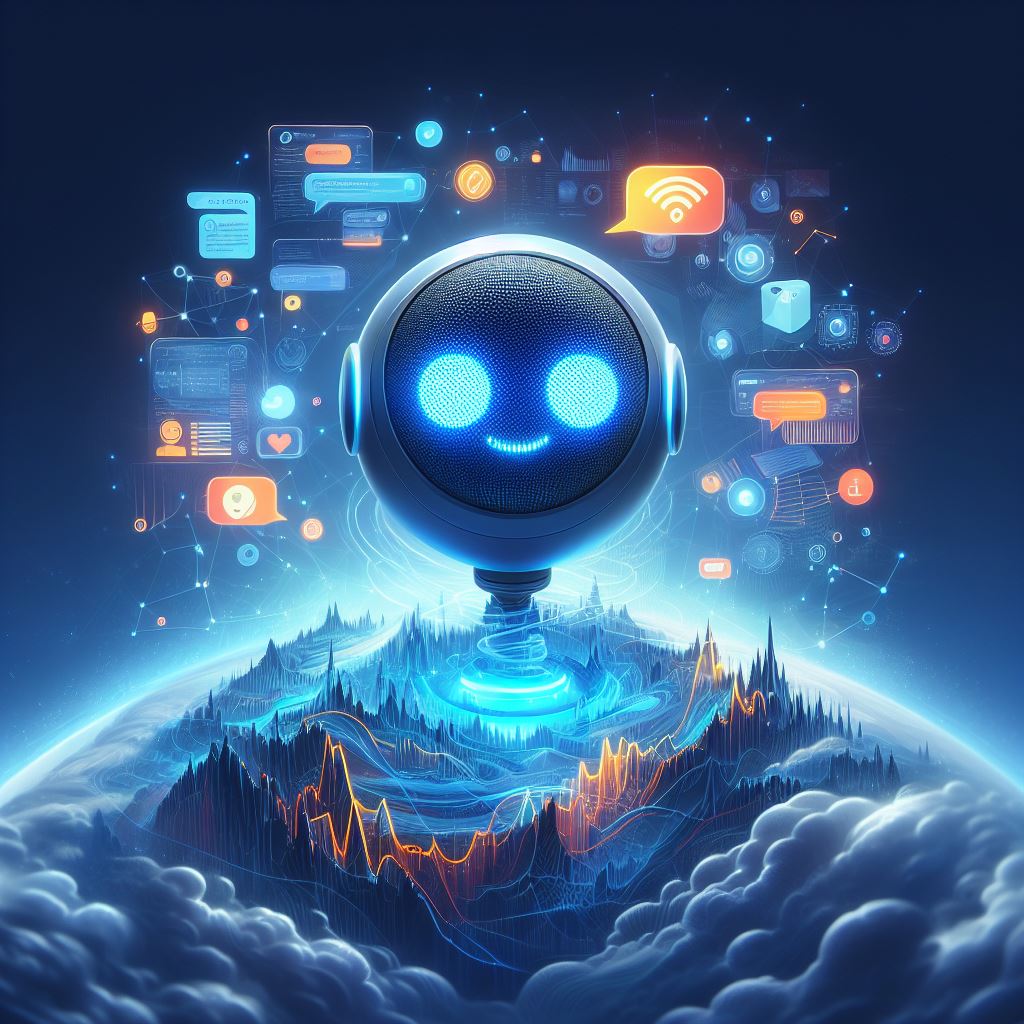
Just days after filing a trademark application for the name, OpenAI unveiled its Voice Engine technology. This cutting-edge system can clone a person’s voice using a mere 15 seconds of recorded speech. Imagine the possibilities: from personalized voice assistants to lifelike voiceovers, ChatGPT Voice Engine promises to revolutionize how we interact with AI.
Safety First: Why OpenAI Holds Back
Despite its immense potential, OpenAI treads cautiously. The company has opted for a limited release to early testers, citing safety concerns. Generating speech that closely resembles human voices carries inherent risks, especially during an election year. OpenAI acknowledges this and takes responsible steps to prevent misuse.
The New Normal: AI-Generated Voices
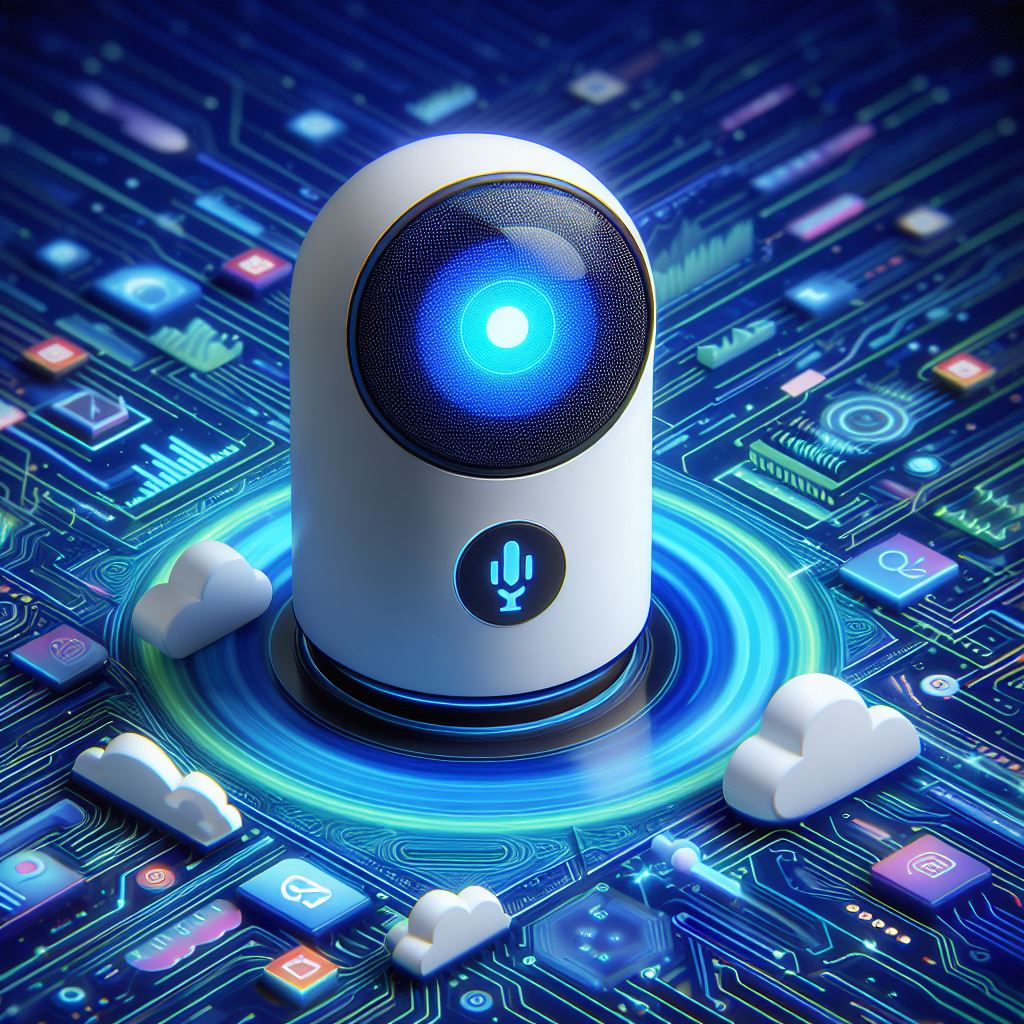
Voice cloning isn’t entirely new. Startups have dabbled in this field, offering voice-cloning technology to select business customers and the public. However, OpenAI’s approach stands out. Testers of the Voice Engine pledge not to impersonate individuals without consent, ensuring ethical use. It’s a delicate balance between innovation and responsibility.
Beyond Cloning: Speech Recognition and Digital Assistants
OpenAI’s ambitions extend beyond cloning voices. A recent trademark application hints at their foray into speech recognition and digital voice assistants. Imagine a future where ChatGPT not only understands your queries but responds in a voice tailored to your preferences. It’s a leap toward seamless human-AI interaction.
The Road Ahead
As OpenAI refines its Voice Engine, it inches closer to competing with established voice products. Whether it’s Siri, Alexa, or Google Assistant, ChatGPT Voice Assistant aims to join the ranks. The journey won’t be without challenges, but OpenAI’s commitment to safety and responsible AI ensures a promising future.
Stay tuned as ChatGPT Voice Assistant evolves, bridging the gap between text and speech, one syllable at a time. 🗣️🌟
Source: AP
What other applications can ChatGPT Voice Engine have?
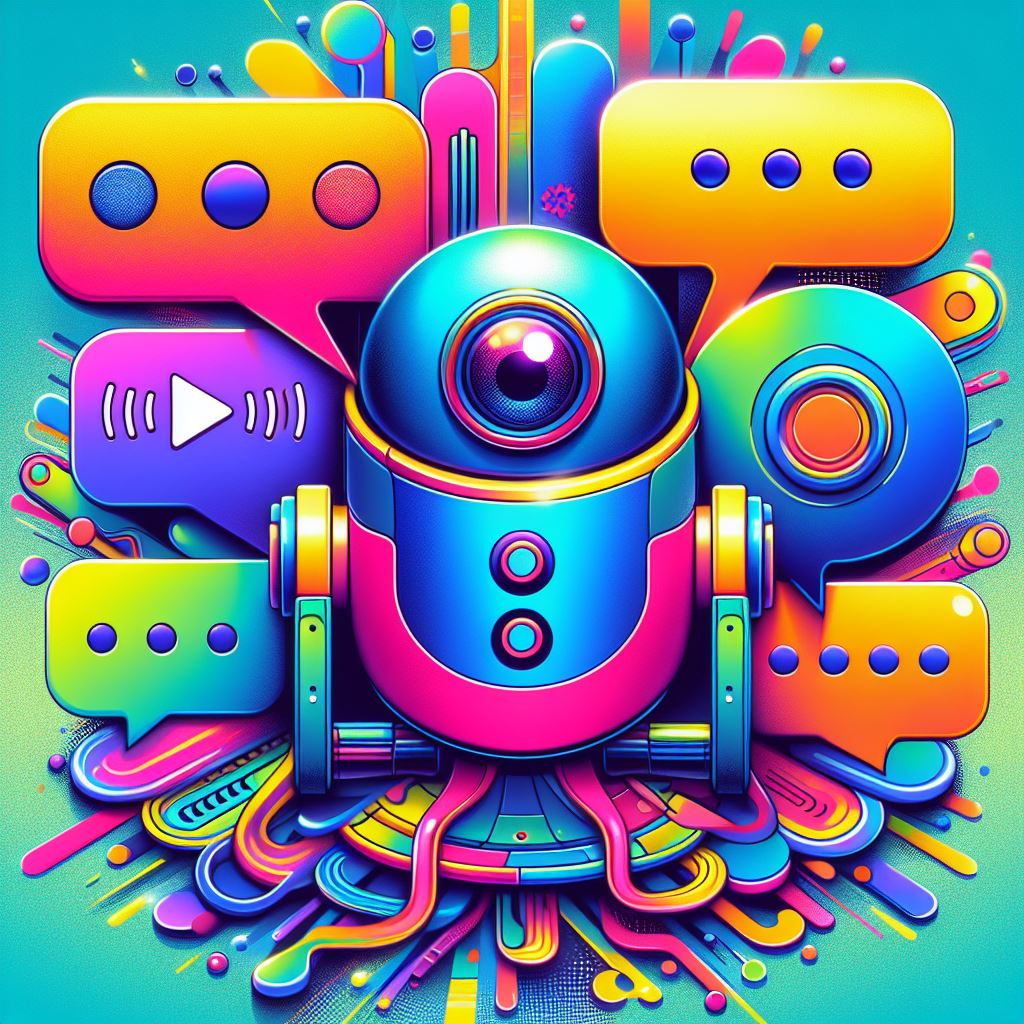
The ChatGPT Voice Engine holds immense potential beyond voice cloning. Let’s explore some exciting applications:
- Personalized Voice Assistants:
- Imagine having a voice assistant that not only understands your commands but also responds in a voice that feels familiar and tailored to you.
- ChatGPT Voice Engine can power personalized voice assistants for tasks like setting reminders, answering queries, or even reading audiobooks.
- Accessibility and Inclusion:
- Voice technology plays a crucial role in making digital content accessible to everyone.
- ChatGPT Voice Engine can enhance accessibility by providing natural and expressive voice interfaces for visually impaired users, language learners, and those with motor disabilities.
- Interactive Storytelling and Gaming:
- Game developers can leverage ChatGPT Voice Engine to create lifelike characters with unique voices.
- Interactive storytelling experiences can become more immersive as characters engage in dynamic conversations with players.
- Voiceovers and Dubbing:
- Content creators, animators, and filmmakers can use ChatGPT Voice Engine to generate voiceovers for videos, animations, and documentaries.
- Dubbing foreign films becomes easier, maintaining consistency across different language versions.
- Customized Audiobooks and Podcasts:
- Authors and podcasters can offer personalized audiobooks and podcasts by using ChatGPT Voice Engine to narrate content.
- Listeners can choose their preferred voice for an engaging experience.
- Virtual Avatars and Chatbots:
- Virtual avatars in virtual reality (VR) or augmented reality (AR) environments can benefit from realistic voice interactions.
- Chatbots can become more conversational and engaging by adopting unique voices.
- Language Learning and Pronunciation Practice:
- ChatGPT Voice Engine can assist language learners by providing accurate pronunciation models.
- Users can practice speaking in different languages with confidence.
- Voice Authentication and Security:
- Biometric voice authentication systems can benefit from ChatGPT Voice Engine’s ability to recognize and verify voices.
- Enhanced security measures can prevent voice-based fraud.
- Emotional AI Interfaces:
- ChatGPT Voice Engine could be used to create emotionally responsive AI interfaces.
- Imagine a voice assistant that adapts its tone based on the user’s emotions.
- Entertainment and Celebrity Voice Cloning:
- While ethical considerations apply, ChatGPT Voice Engine could allow users to interact with virtual versions of their favorite celebrities or historical figures.
- Entertainment industries can explore creative possibilities, such as resurrecting iconic voices for special projects.
Remember, responsible deployment is crucial. OpenAI’s commitment to safety ensures that as ChatGPT Voice Engine evolves, it does so ethically and with user well-being in mind. 🗣️🌟
ChatGPT Voice Assistant compared with existing voice assistants
Let’s explore how ChatGPT Voice Engine stacks up against existing voice assistants:
- Accuracy and Naturalness:
- ChatGPT Voice Engine leverages OpenAI’s advanced language models, resulting in accurate and context-aware responses.
- Existing voice assistants like Siri, Alexa, and Google Assistant have made significant strides in natural language understanding, but they may still occasionally produce robotic or scripted-sounding replies.
- Customization and Personalization:
- ChatGPT Voice Engine allows for personalized voice profiles. Users can choose their preferred tone, accent, and even adjust the AI’s speaking style.
- Existing voice assistants offer limited customization options. Users typically interact with a predefined voice, which may not resonate with everyone.
- Voice Cloning and Familiarity:
- ChatGPT Voice Engine excels in voice cloning. It can replicate a person’s voice using minimal training data.
- Existing voice assistants lack this level of voice cloning capability. They rely on pre-recorded voice samples or synthesized voices.
- Safety and Ethical Use:
- OpenAI emphasizes safety and responsible AI deployment. ChatGPT Voice Engine’s limited release ensures ethical usage.
- Existing voice assistants face challenges related to privacy, data security, and potential misuse (e.g., deepfake audio).
- Integration and Compatibility:
- ChatGPT Voice Engine can seamlessly integrate with existing applications, devices, and services.
- Established voice assistants are tightly integrated into specific ecosystems (e.g., Apple’s Siri within iOS devices, Amazon’s Alexa with Echo devices).
- Multilingual Capabilities:
- ChatGPT Voice Engine benefits from multilingual training data, allowing it to handle diverse languages and accents.
- Existing voice assistants may struggle with certain languages or dialects.
- Contextual Understanding:
- ChatGPT Voice Engine comprehends context, making conversations more fluid and natural.
- Existing voice assistants sometimes lose context during extended interactions.
- Use Cases and Applications:
- ChatGPT Voice Engine extends beyond basic tasks. It can narrate stories, assist in language learning, and even provide emotional responses.
- Existing voice assistants primarily focus on practical tasks (weather updates, reminders, etc.).
- Development Community and Innovation:
- ChatGPT Voice Engine benefits from OpenAI’s active research community, fostering continuous improvement.
- Existing voice assistants rely on their respective development teams for updates.
- Future Potential:
- ChatGPT Voice Engine is still evolving. As it matures, it could become a formidable competitor to existing voice assistants.
- Established voice assistants continue to evolve, but they face challenges in balancing innovation with user trust.
In summary, ChatGPT Voice Engine combines voice cloning, customization, and safety, positioning itself as a versatile and promising addition to the voice technology landscape. As it gains traction, we’ll witness exciting developments in human-AI communication. 🗣️🌟
limitations of ChatGPT Voice Assistant
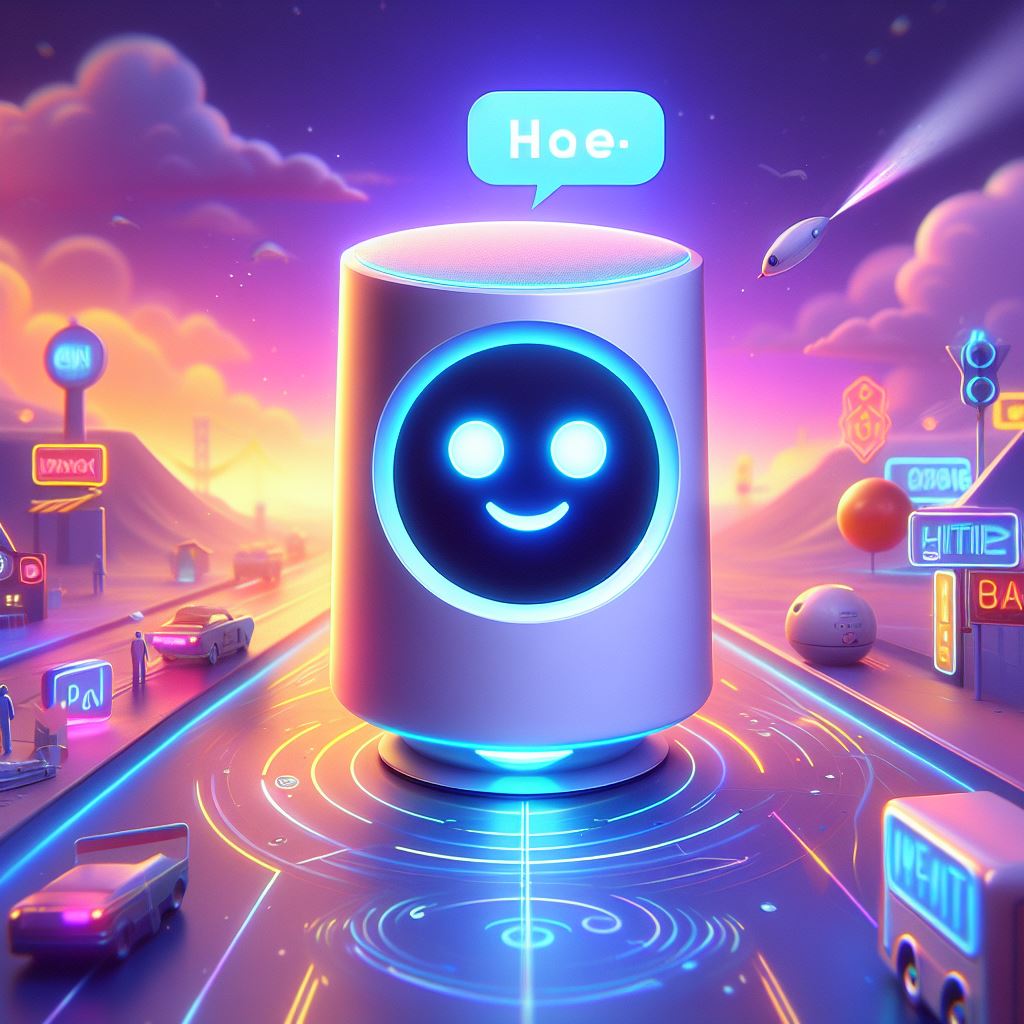
While ChatGPT Voice Engine is a remarkable advancement in voice technology, it does have some limitations:
- Training Data Dependency:
- Like other AI models, ChatGPT Voice Engine relies on the quality and diversity of its training data.
- If the training data lacks certain accents, dialects, or speech patterns, the engine may struggle with those variations.
- Voice Cloning Accuracy:
- Although impressive, the voice cloning process isn’t flawless.
- ChatGPT Voice Engine may not perfectly replicate a person’s voice, especially for complex emotions or unique vocal characteristics.
- Limited Context Understanding:
- While it comprehends context better than traditional voice assistants, it still faces challenges in maintaining context during extended conversations.
- Users may need to provide more explicit context cues.
- Ethical Considerations:
- Voice cloning technology raises ethical questions.
- Misuse, deepfake creation, and impersonation are real concerns.
- OpenAI’s cautious approach is commendable, but responsible usage remains a challenge.
- Resource Intensiveness:
- Training and deploying voice models require significant computational resources.
- Real-time applications may face latency issues or require powerful hardware.
- Variability in Speaking Styles:
- People speak differently in various situations (casual, formal, excited, etc.).
- ChatGPT Voice Engine may struggle to adapt to diverse speaking styles seamlessly.
- Lack of Emotional Understanding:
- While it can mimic tone and inflection, true emotional understanding remains elusive.
- Detecting sarcasm, empathy, or humor is challenging.
- Multilingual Challenges:
- Handling multiple languages and accents is complex.
- ChatGPT Voice Engine may excel in some languages but struggle with others.
- User Privacy and Security:
- Storing voice data for personalization raises privacy concerns.
- Ensuring secure handling of user voice samples is crucial.
- User Acceptance and Trust:
- Convincing users to adopt AI-generated voices requires building trust.
- Skepticism and fear of misuse may hinder widespread adoption.
In summary, while ChatGPT Voice Engine represents a significant leap, addressing these limitations will be essential for its long-term success. Responsible development, user education, and continuous improvement will shape its impact on the voice technology landscape. 🗣️🌟
Note: ChatGPT Voice Engine is a remarkable leap forward, but it’s essential to use AI technology responsibly. Let’s embrace innovation while safeguarding against misuse. 🤖🔒
Gemini AI: Google’s New Generative AI
Twitter Chatbot: Introducing xAI Chatbot Grok That Will be Sarcastic
Anthropic claude 2 – It Looks Like A challenge to Chat GPT




